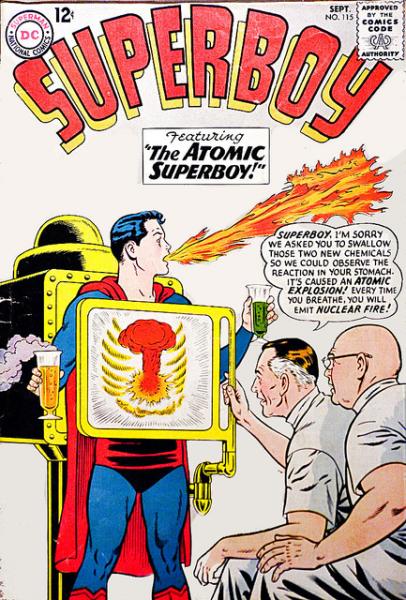Joshua Corn, “a natural health advocate for 20 years” reveals the secrets physicians have withheld from the public about heartburn, and promised us a way to soothe our symptoms and fix the underlying problem. [1] He skillfully blends fact and fiction to sell a natural herbal remedy.
“For years, we’ve been told that high levels of stomach acid are what cases heartburn. … Throughout your stomach and esophagus… lives a protective layer of mucus… but in many people with acid reflux, this protective mucus has been drastically compromised.”
Whoever has been telling Joshua these things is not a physician, because they are just untrue. Stomach acid and mucus are involved, but they are not the cause. I am happy to share what we do know about heartburn, information that for Mr. Corn is evidently hidden in plain sight.
Heartburn involves neither the heart nor a burn. Today we call it GERD, gastroesophageal reflux disease, a term that while more opaque is more accurate. Let’s break it down:
The esophagus is the muscular tube that moves your food, by contractions of the muscle called peristalsis, into your stomach. The esophageal muscle is thickened and stronger at each end, serving as a gatekeeper that medically is called a sphincter. The upper esophagus sphincter protects your airway and lungs from the already chewed food. The lower esophageal sphincter protects your esophagus from the much harsher environment of the stomach.
When stomach acid inadvertently gets past this lower esophageal sphincter, (medical term reflux) you experience heartburn. GERD is a mechanical, not metabolic problem. There are no exercises you can do at the gym to strengthen the sphincter, so a direct attack on the underlying mechanical problem is not an option.
The esophagus is anchored in its anatomic position by the muscle tissue of the diaphragm (the muscle that expands our lungs). In certain circumstances, those attachments weaken, the location of the esophagus moves making the sphincter less effective. We term this condition a hiatal hernia and in some instances surgically restoring the normal anatomy of the diaphragm and esophagus will reduce the symptoms of GERD.
For some pregnant women, the uterus pushes the esophagus out of position interfering with the sphincter, resulting in heartburn. But with a baby in hand and uterus returning to its normal size and location, the esophageal sphincter returns to its normal position and operation as well. Obesity can also crowd the abdomen and push the esophagus around, again causing heartburn; unfortunately, obesity doesn’t reverse itself as quickly as pregnancy. Alcohol reduces the effectiveness of the esophageal sphincter, and reducing your intake of adult beverages may provide some additional relief.
Doctors, having failed to provide a mechanical answer to a mechanical problem, treat the symptoms by reducing the caustic effects of the stomach contents on the esophagus. We can increase the protective coating, neutralize the stomach acid or both – prescriptions that we have been writing for 80 years or more. Prescription medications that reduce stomach acid, have been approved by the FDA and are sold over the counter in lower, but equally effective dosages. [1] Pepcid, Prilosec, Zantac all are within this category and work to block acid production. They are meant to be taken for limited times. Persistent daily heartburn may result in other complications over time and requires closer oversight and investigation by physicians. The alternative therapy are antacids that neutralize the acid present by increasing the pH to more basic levels through sodium bicarbonate or by providing a coating layer reducing the effect of the acid on the esophagus.
Let’s return for just a moment to the Joshua Corn remedy. I do not know whether it is efficacious, nor does the FDA, but what is clear from the choice of ingredients is that he is promoting a coating agent, he is not fixing the underlying problem which he promised. And as he clearly states, although the type font is a bit small, “This product is not intended to diagnose, treat, cure or prevent any disease.” Well, if it isn’t intended to treat, what value does it have? At least the over-the-counter medications, antacids, and coating agents are intended to treat the problem, and they work pretty well.
[1] Because as a physician, I believe in doing no harm I am not linking to Mr. Corn’s ad or site. We have enough thought pollution about healthcare already.
[2] Why this is allowed is a different regulatory special interest tale.




